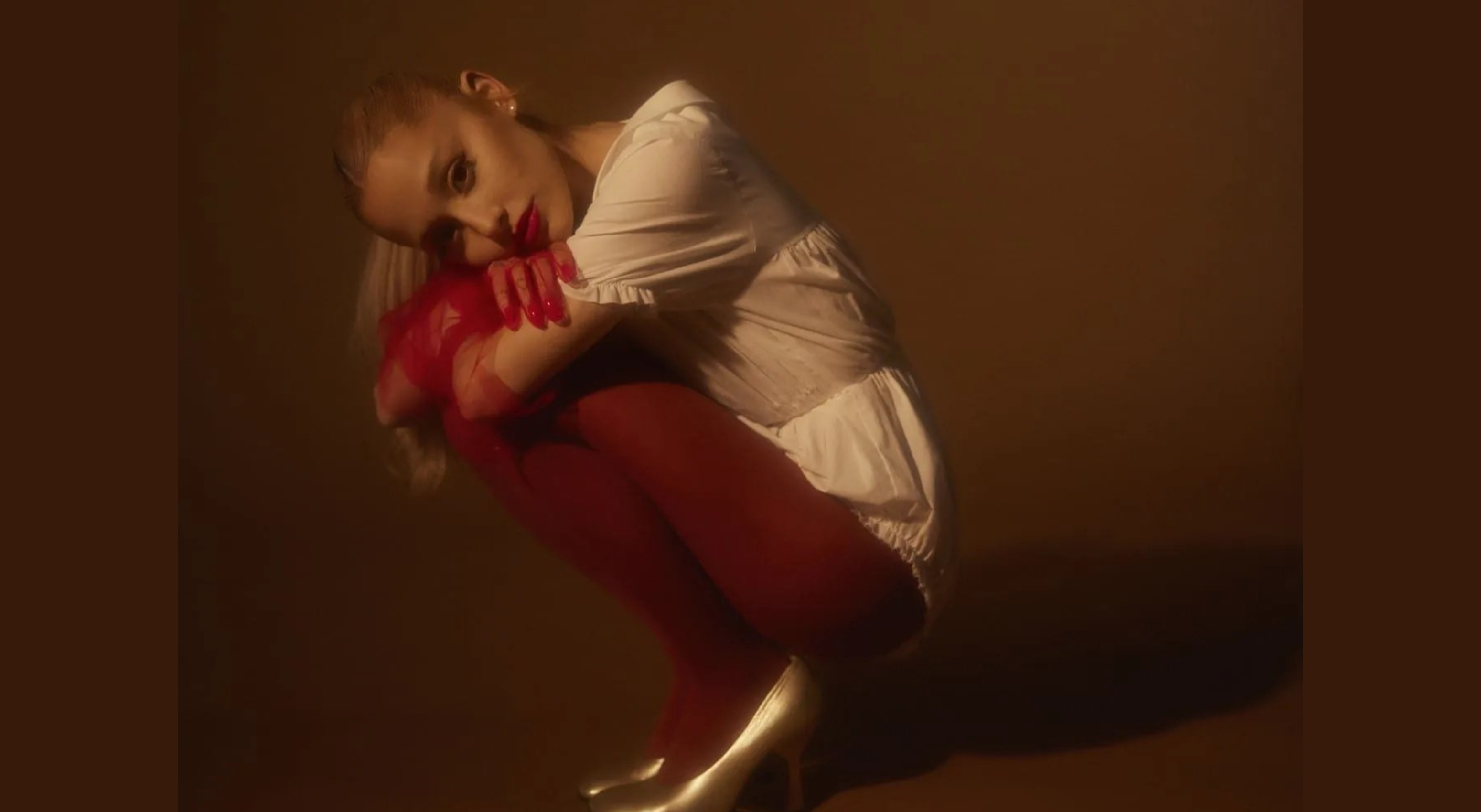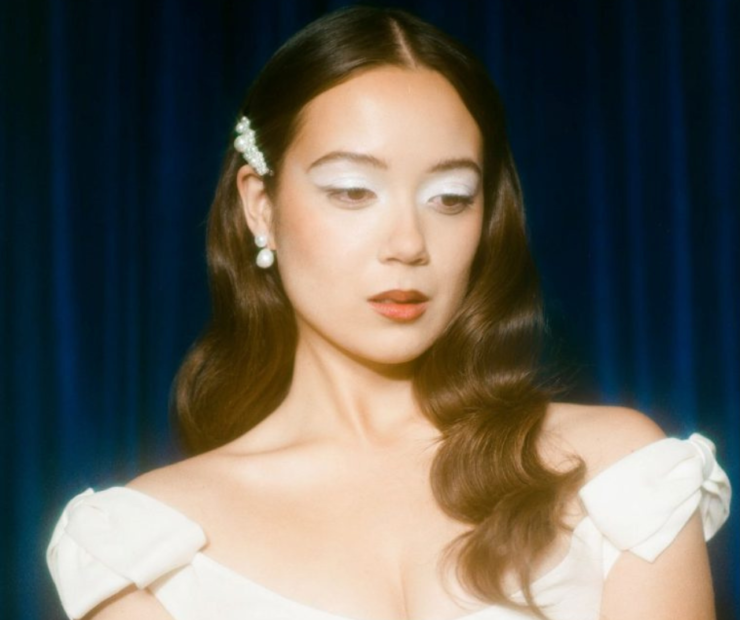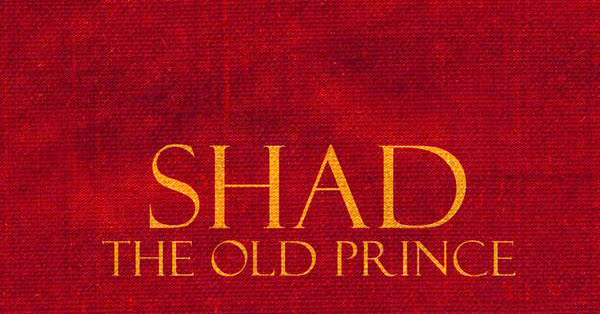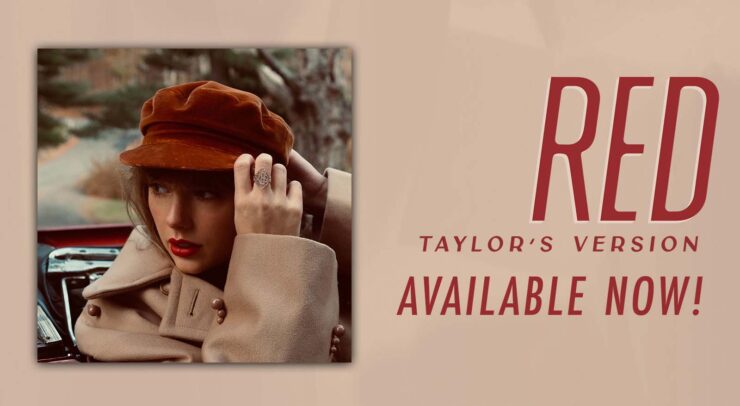Grande turns personal heartbreak and public criticism into musical gold.
From debuting on Broadway at the age of just 15 to starring in several popular TV shows throughout her youth to releasing six albums, Ariana Grande has established herself as a dominant force in one of the most fickle industries around.
It’s been three years since the release of her last album, Positions, and five years since she performed on tour. The break was especially out of character considering that Grande had a track record of releasing projects almost annually, since her teen years.
Suffice it to say, “Arianators” (the name given to her fans) have been starved for content, which only added to the anticipation surrounding the release of her newest album, eternal sunshine, on March 8, 2024.
During her hiatus, Grande got married, divorced, was cast as Glinda in the film adaptation of Wicked, and entered into a highly-criticized relationship with her Wicked co-star, Ethan Slater.
Evidently, all the changes in the singer’s life were fair game as musical inspiration. In an interview with Zane Lowe, Grande described her new project as a “concept album”, beginning by asking the question, “How do I know if I’m in the right relationship”, the first lyric of the album and “ends with an answer”. If anything, that statement undersells the fact that this album is Grande’s best work to date.
The 13-track album covers a range of genres and themes that realistically portray the inevitable jumble of emotions that accompany any failed relationship. Beginning with the aptly titled, “intro (end of the world)”, a freshly heartbroken Grande ponders the uncertainty of relationships. She quickly moves to track two, “bye”, an upbeat tune that depicts the freedom of moving on.
In the title track, “eternal sunshine”, “true story”, “we can’t be friends”, and “imperfect for you”, she describes the devastation of a breakup, such as feeling mistreated by her partner and vilified by the media. In pieces like “supernatural”, “the boy is mine”, and “we can’t be friends”, she reminisces about the positive aspects of her marriage and highlights how even failed relationships can still include real love.
The album ends optimistically with advice from Grande’s Nonna, that while love may be complicated, problems can easily be overcome in the right relationship. But when it’s impossible, “you’re in the wrong place, get out”, bluntly validating Grande’s ultimate divorce.
It’s no secret that Ariana Grande is a phenomenal singer (possibly the best among her contemporaries) but leave it to her to improve even that aspect of her performance. Her four-octave vocal range and ability to hit riffs and whistle tones with ease are definitely on display here. However, her singing is infused with more emotion than she’s ever shown, and likely the result of training for Wicked, her singing is markedly clearer (we can finally understand what she’s saying!).
However, the real highlight of the album is Grande’s ability to seamlessly incorporate contrasting themes across several genres (like synth-pop, house, and R&B) to create one coherent story. Her previous albums were approached as reinventions of the singer’s identity, whereas eternal sunshine feels like the cumulation of Grande’s career thus far. This is also reflected in the credits, with the album marking the first time that Grande is listed as a performer, writer, and producer of every song – a significant contrast from her debut album, which was cluttered with several other prominent artists and Grande listed as a writer on less than half the tracks.
Grande has reached a newfound maturity in her musical career, shedding a new artist’s gimmicks and digestible pop formula in favour of a more heartfelt and vulnerable sound. That sentiment is addressed directly in “Saturn Interlude”. Named for the planet which takes 29 years to complete one orbit (also Grande’s age), the song finishes with the lyrics “it’s time for you to get real about life and sort out who you really are”, a clear assertion that Grande has come into her own as a musician.








